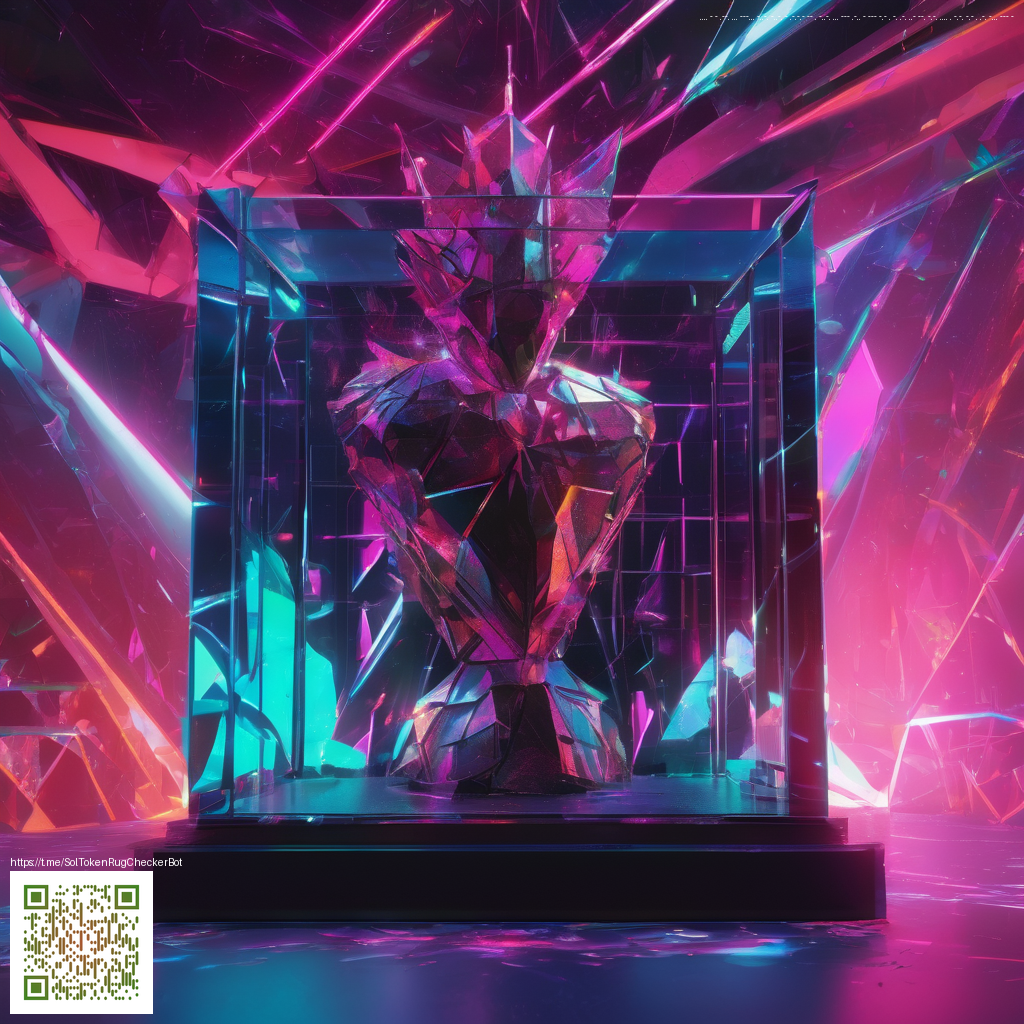
Co op play has long been a social engine in the shooter looter space, but standout titles push the field forward by rethinking how players collaborate and chase rewards. The recent waves of discussion around Remnant From the Ashes show a gaming culture that prizes shared risk, strategic planning, and a loot economy that scales with the number of allies in the field. The result is a community that celebrates teamwork as a core mechanic rather than a convenient option, and that shift is reverberating across other action RPGs and co op titles.
Co op dynamics that change the tempo of play
Remnant From the Ashes treats cooperation as a living system. When players join a world, the challenge scales, and so does the potential for meaningful loot and progression. This dynamic has sparked conversations about how loot drops are distributed, how host and guest experiences should align, and how players can coordinate for maximum payoff without turning into a purely gear-grinding treadmill. In practice, parties of friends experiment with class synergies, team roles, and boss encounters that demand split-second communication and shared attention to weaken the toughest threats together.
What stands out is not just the numbers but the culture that grows around them. Communities share build templates and boss strat guidance in threads and streams, transforming improvised runs into practice drills. The social aspect matters as much as the loot, because a well-run squad earns both rare gear and bragging rights that ripple through friend groups and clan trees. This is the heartbeat of the current era for co op action games, where cooperation becomes a gateway to identity and storytelling as much as a path to power.
Community feedback and player insights
Player voices emphasize the thrill of planning a raid with partners who bring complementary strengths. The shared risk that comes with larger crews is often rewarded by more dramatic loot moments, making each successful run feel earned rather than handed to a lone player. In discussions across fan forums and interviews, fans celebrate the way strategic coordination transforms routine skirmishes into thoughtful engagements that reward patience, timing, and teamwork.
Community gurus remind new players that effective co op is more than just stacking the strongest builds. It requires clear communication, role clarity, and a willingness to adapt on the fly when a boss mechanics shift or a loot drop surprise rebalances the pool. The net effect is a culture that values collaboration as a skill set in itself, not just a method to obtain better gear.
Patch cadence and update coverage
Updates across the game have increasingly highlighted how co op loot and progression interact in positive ways. Patch notes from the wiki and player discussions point to concrete fixes that improve the co op experience. Notably, there have been fixes for loot drop issues when the host is dead or spectating, ensuring teammates receive rewards without dead ends in a multiplayer session.
Balance nudges have also targeted specific items that influence team play. Buffs to supportive and utility gear, adjustments to range and effect radii, and tweaks to weapon performance all reach into the party dynamics. For players who enjoy theorycrafting, these changes invite new teamwork configurations and fresh weapon loadouts, keeping the meta lively and inviting experimentation instead of repetition.
Modding culture and player experimentation
While this title has not been defined by a sprawling mod community in the same way as some sandbox games, the broader culture of Remnant players still thrives on experimentation. The way teams assemble augments, skills, and room-clearing tactics becomes a form of personal expression. Players regularly share unconventional builds, creative boss-kill strategies, and solo-friendly approaches that demonstrate how flexible the loot system can be when pushed by diverse groups. The result is a community that treats every run as a chance to prototype, refine, and share insights that benefit fellow explorers.
Developer commentary and official stance
Developer commentary from Gunfire Games and related studio discussions reveals a willingness to iterate on co op balance in response to real-world play. Interviews and patch notes emphasize the goal of making every party feel rewarded for teamwork, while maintaining a challenge curve that scales with the group size. This transparent approach helps the community trust the ongoing roadmap and inspires players to experiment with new crew configurations, roles, and strategies during live sessions and on-stream debates.
Communities thrive when developers acknowledge how players actually play together. The most enduring upgrades come from listening to co op play stories and translating them into tangible balance tweaks that reward collaboration.
As the ecosystem around co op loot evolves, players continue to push for innovations that sustain the social aspect without tipping into grind fatigue. The dialogue between players and developers remains constructive, with a shared sense that meaningful loot and teamwork should go hand in hand. For fans who live for the moment when four players coordinate a perfect takedown, the current trajectory promises richer encounters and more memorable raids to come. 🎮🔥
To support ongoing exploration of this evolving landscape, check out the official product hub for the latest gear you can carry on the next raid night. Stay sharp, stay synced and may your drops be plentiful and your rosters tight.
Slim Phone Case for iPhone 16 – Glossy Polycarbonate